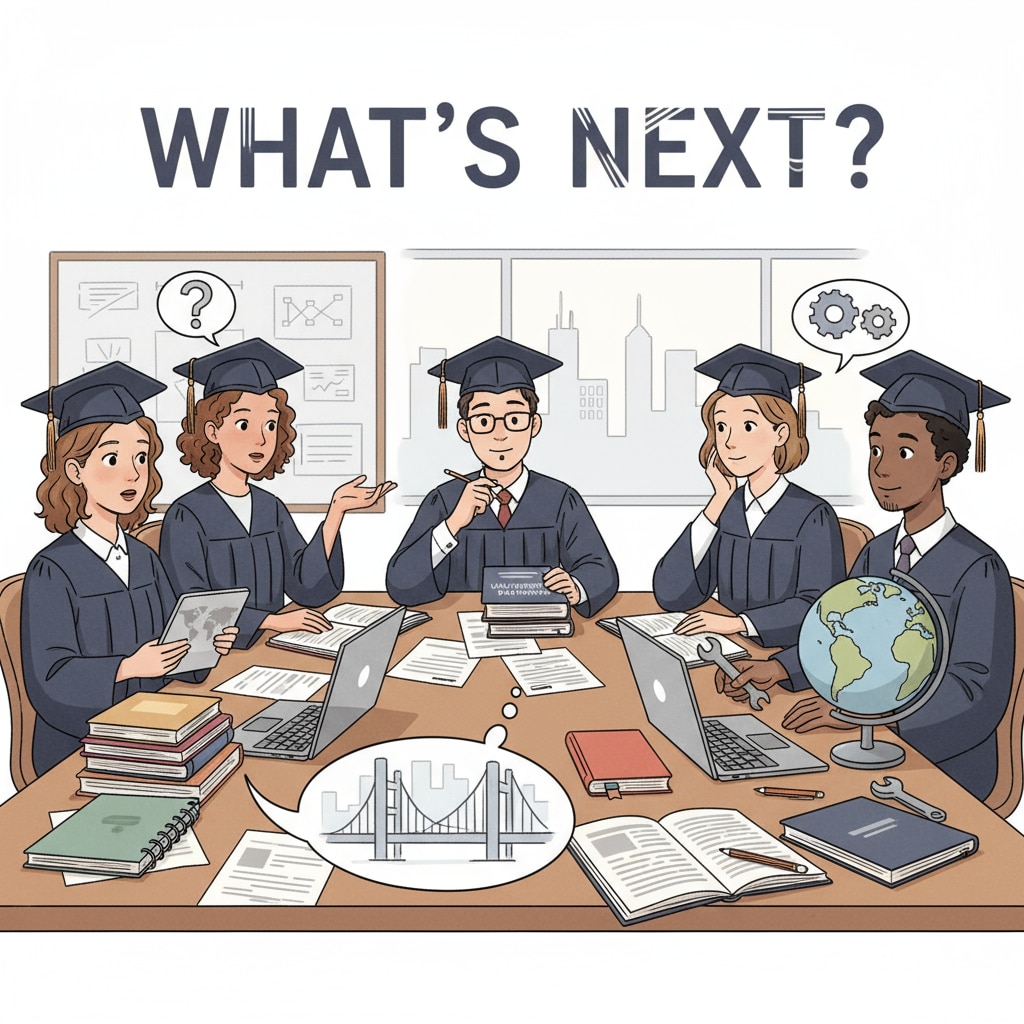When it comes to career development after graduation, the issue of educational advancement and career choices often leaves many K12 students and parents grappling with a tough decision: whether it is worthwhile to invest an additional two years in academic upgrading. This conundrum highlights the intricate relationship between educational investment and career development, a topic that demands careful consideration.

As students stand at this crossroads of life, understanding the implications of each path is crucial for making informed decisions.
The Allure of Academic Upgrade
One of the primary motivations for choosing to spend two extra years on academic upgrade is the potential for enhanced career prospects. Higher education often provides in-depth knowledge and specialized skills that can set graduates apart in the job market. For example, obtaining a master’s degree in a specific field may open doors to more advanced and higher-paying positions. According to Britannica, advanced education equips individuals with critical thinking, research, and problem-solving abilities, which are highly valued by employers. Additionally, academic upgrade offers opportunities for personal growth and intellectual exploration, allowing students to delve deeper into their areas of interest.

The Temptation of Direct Employment
On the other hand, entering the job market directly after K12 graduation also has its advantages. By starting work immediately, students can gain practical work experience, build professional networks, and earn income earlier. This hands-on experience can be invaluable in developing skills such as teamwork, communication, and adaptability. As stated on Wikipedia’s Career Development page, practical experience often helps individuals understand the real-world demands of their chosen fields. Moreover, early entry into the workforce allows students to start saving money and become financially independent sooner.
When making this decision, it is essential to consider individual circumstances. Factors such as personal interests, financial situation, and long-term career goals play significant roles. For some, the pursuit of academic excellence and the desire to specialize in a particular area may make academic upgrade the preferred choice. Others may prioritize practical experience and immediate financial stability, leading them to opt for direct employment.
Readability guidance: As we can see, the choice between academic upgrade and direct employment is not straightforward. It requires a careful balance of various factors. By evaluating one’s own situation and goals, students can make a more informed decision at this crucial crossroads of their lives.


